In the early 1970s, as we negotiated the terms of Britain’s entry into the European Economic Community, I felt we were doing something historic. We were making a Europe that was still unclear in shape and form, but was nevertheless going to do all the things we said it should – bring an end to conflicts in Europe, and point the continent towards a better future. It was a very idealistic vision, which I shared.
During that time I was private secretary to three ministers with responsibility for Europe: George Thomson, Anthony Barber and Geoffrey Rippon. It was Rippon who had overall responsibility until the conclusion of the negotiations and, while I wasn’t concerned with the detailed negotiations, I acted as a conduit between him and the strongly pro-European prime minister, Ted Heath – and as a kind of troubleshooter when problems blew up.
The attempts in the 1960s to join the Common Market had been fairly disastrous. I never really understood why the then UK prime minister Harold Macmillan’s famous discussion with President De Gaulle in 1963 led to the result it did. There are many reasons for believing they simply misunderstood each other. Macmillan liked to speak French, a language in which he was far from being a master, and the result may have been that he interpreted De Gaulle as saying “no” to British membership when in fact he may have meant something rather more subtle. But for that, we might have joined 10 years earlier.
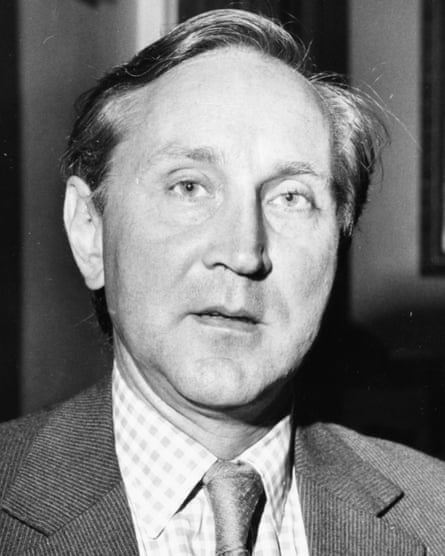
After that disaster, there was a period during which we were thwarted. But the situation changed dramatically when De Gaulle resigned in 1969, having lost a referendum on constitutional reform in France, and Georges Pompidou became prime minister. I was then in the British embassy in Paris and had a conversation with Pompidou, with whom I got on very well. He told me that if he went on to become president, things would be very different and France would be interested in negotiating terms for the UK’s entry. I passed this information on to Ted Heath, and we realised that after the end of the De Gaulle era it would be possible for negotiations to start again.
Heath very much wanted to go in, but he was by no means alone in that. There was a general consensus that we should join, but exactly on what terms was unclear. There followed two years of negotiations in which the ministers were involved but at one remove – the main negotiation was carried on by diplomat Sir Con O’Neill. O’Neill was a very obstinate negotiator and only brought in the minister when he absolutely had to. Heath looked at the thing in the round and attended the famous meetings in Paris that eventually led to our joining, but for a long time it was all very uncertain.
When things changed in 1972 and it started to look as if the negotiation might succeed, Heath took an increasing interest and more or less brushed aside the bureaucrats who had been involved previously. He was very keen that the final result should be his and no one else’s, and went to Paris to make the final agreement. Ever since the rebuffs in the 60s, he had felt it was his duty to get this right, and he saw it as his crowning achievement.
From the beginning we knew we were joining more than just a free trade area. We realised that if the French wanted us in to counterbalance the Germans and the Germans wanted us in to counterbalance the French, it was important that we should play a strong political role. There was a general feeling that we were signing up to a European union and would have to contribute to it, which is in some respects what we failed to do afterwards.
Heath knew the EU would evolve towards a political union, and wanted to make certain the UK contributed to the way it was shaped. There was a realisation by the negotiators that we were setting out a direction of travel, and making certain that we had the right stops on the journey – but we didn’t have great arguments about the ultimate destination.
We weren’t talking about the united states of Europe, or suggesting that Europe should become something similar to the United States or the then Soviet Union. Instead, we sought to set in train the development of something that needed to evolve inch by inch as we went ahead. It was always going to be up to later governments to establish how the union could be developed, and what the limits should be. The challenge was to get people seeing the world through a European lens.
It was sad that in later negotiations we were always one of the more reluctant countries. We never gave proper leadership. We spent our time arguing about details, and were grudging members when we could have been leading members.
Heath had provided that in the early 1970s, but later on the Conservative party started tearing itself to bits over things that were really beyond belief. And Heath’s successors were never fully signed up to Europe: they wanted bits and pieces of things, but had no overall vision of what could be achieved. Jim Callaghan, for instance, never understood what was going on.
All these years later, coming out will be a great disaster because we will lose the ability to shape the future of Europe. We should have played a major role in the EU’s evolution. Now we will have no role in Europe, and much-reduced power and influence in the world generally.
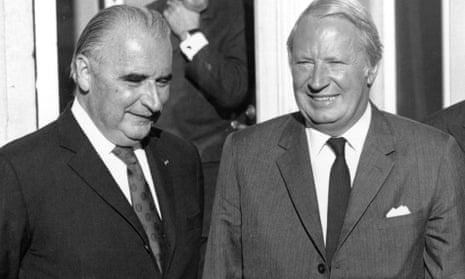
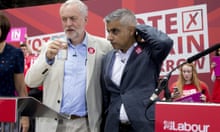
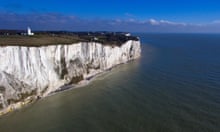
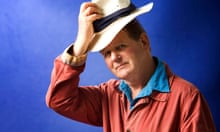

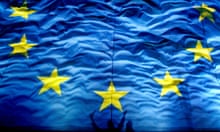
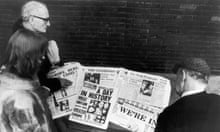
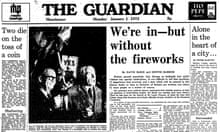
Comments (…)
Sign in or create your Guardian account to join the discussion